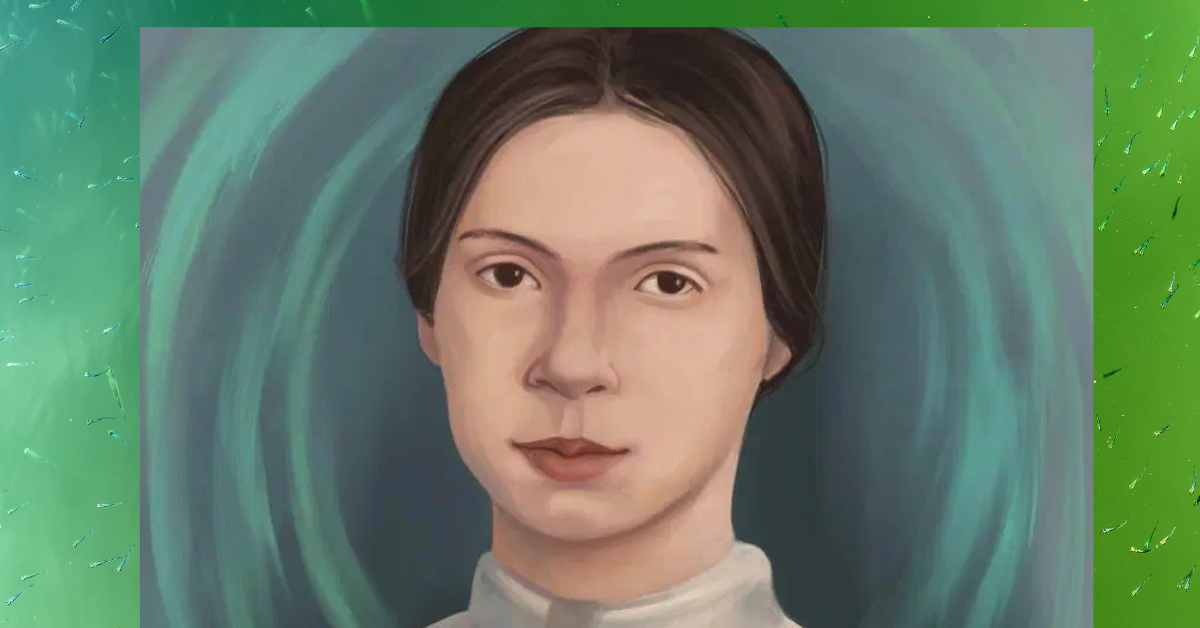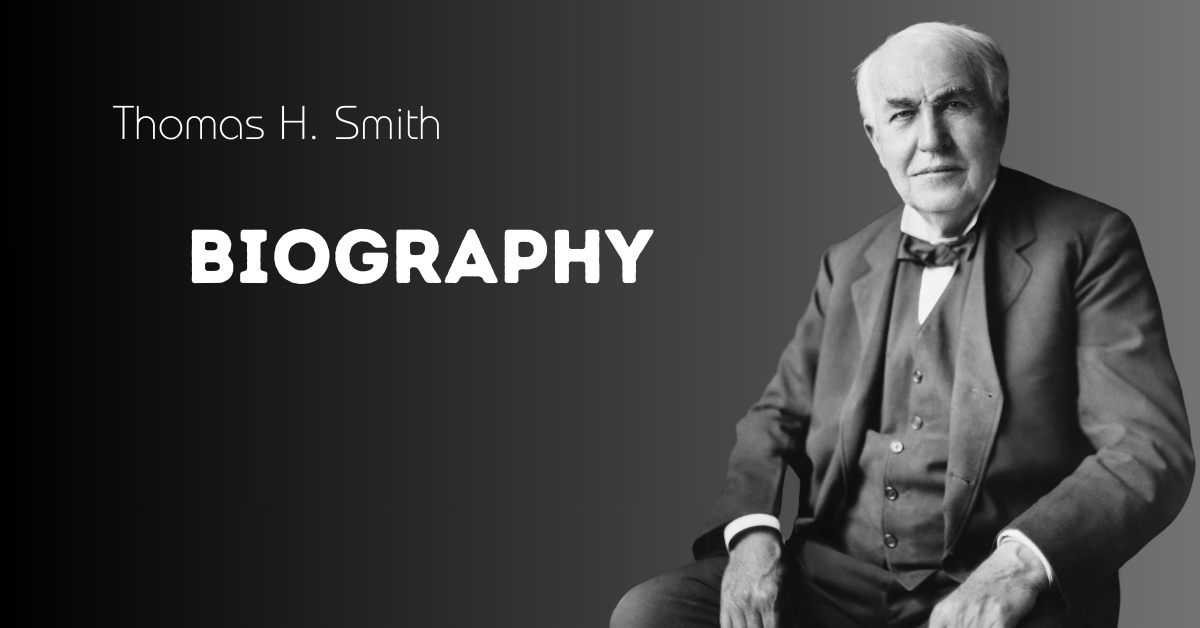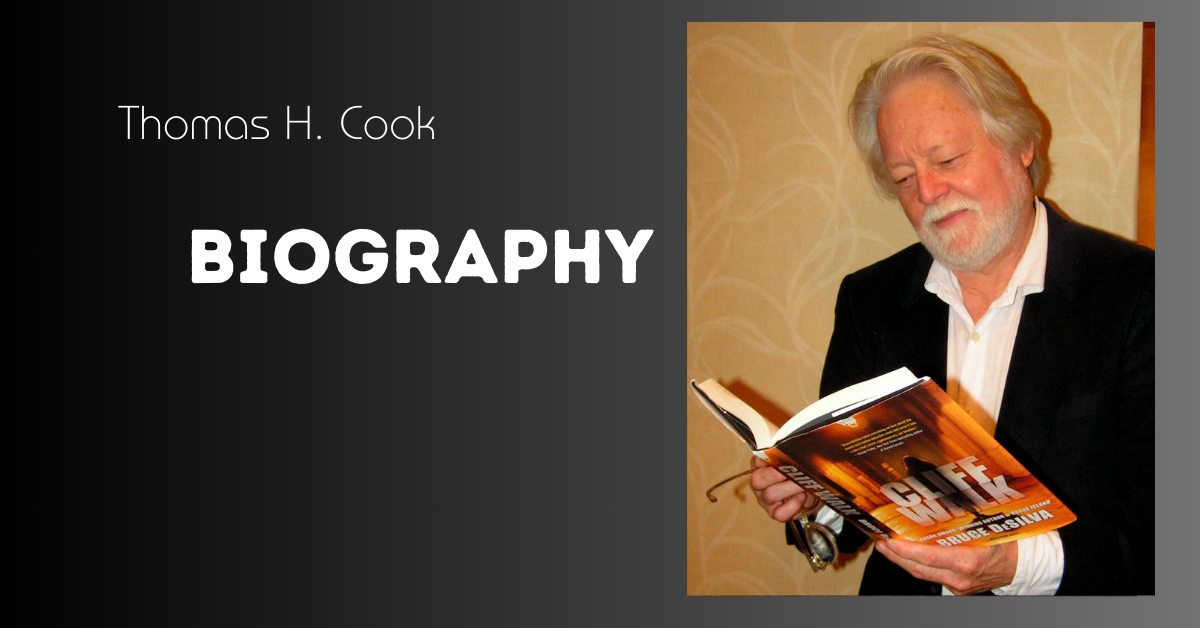Born on December 10, 1830, in Amherst, Massachusetts, Emily Dickinson stands as one of the most intriguing and influential American poets of the 19th century. Her reclusive lifestyle belied a poetic brilliance that would leave an indelible mark on literature.
Early Life and Education: Hailing from a well-educated family, Dickinson attended Amherst Academy, but her formal education was cut short. She immersed herself in intellectual pursuits, laying the groundwork for her unique poetic voice.
Childhood Influences: The quaint surroundings of Amherst and the influence of the transcendentalist movement shaped Dickinson’s early years. Her introspective nature and keen observations found an outlet in her poetic expressions.
Writing Style and Themes: Dickinson’s poetic style is marked by unconventional punctuation and capitalization. Her succinct yet profound exploration of themes like death, nature, and love set her apart, making her a pioneer in American poetry.
Dickinson’s Poetry Collection: Though she wrote nearly 1,800 poems, only a few were published in her lifetime. Posthumous discoveries revealed the breadth and depth of her poetic output.
Influence of Religion on Her Work: Dickinson grappled with religious themes, delving into questions of faith and the divine. Her poetry reflects a personal and nuanced exploration of spirituality.
Controversy Surrounding Her Personal Life: Dickinson’s secluded lifestyle has sparked speculation about her personal life, including her romantic relationships, adding a layer of mystery to her persona.
Publication and Recognition: Recognition eluded Dickinson during her lifetime, with only a handful of poems published anonymously. It was only after her death in 1886 that her complete body of work gained the acclaim it deserved.
Impact on American Literature: Dickinson’s influence on American literature is immeasurable. Her unconventional style and exploration of complex themes have inspired generations of poets and readers.
Analysis of Famous Poems: Works like “Because I could not stop for Death” and “Hope is the thing with feathers” showcase Dickinson’s ability to convey profound ideas with concise and evocative language.
Exploration of Death and Immortality: Death is a recurring theme in Dickinson’s poetry, where she explores its inevitability and contemplates the concept of immortality.
Love and Relationships in Her Poetry: Dickinson’s poems on love challenge conventions, offering a complex and introspective exploration of human connections.
Feminist Perspective on Dickinson’s Work: Scholars analyze Dickinson’s poetry through a feminist lens, examining her unconventional life choices and societal defiance.
Comparison with Other Poets of Her Time: Contrasted with contemporaries like Walt Whitman, Dickinson’s introspective and compact style stands out against the expansive poetry of her era.
Dickinson’s Correspondence with Literary Figures: Her letters provide insights into her thoughts on literature, art, and life, offering a glimpse into the mind behind the poetry.
Symbolism and Imagery in Her Writing: Dickinson’s use of symbolism and vivid imagery enhances the emotional impact of her poetry, inviting readers into the rich landscapes of her imagination.
Exploration of Nature and the Natural World: Nature serves as both backdrop and metaphor in Dickinson’s poetry, with keen observations infusing her work with depth and beauty.
Legacy and Posthumous Discoveries: Posthumous publications unveiled the extent of Dickinson’s contribution to literature, solidifying her status as a poetic luminary.
Significance of Dickinson’s Reclusive Lifestyle: Dickinson’s choice to live in seclusion adds an air of mystery to her legacy, sparking fascination and speculation about the connection between her life and poetry.
Final Thoughts and Reflection on Emily Dickinson’s Work: Emily Dickinson’s poetry continues to captivate readers, embodying timeless themes, a unique style, and profound insights into the human condition. Her contributions endure as a testament to the enduring power of poetic expression.



